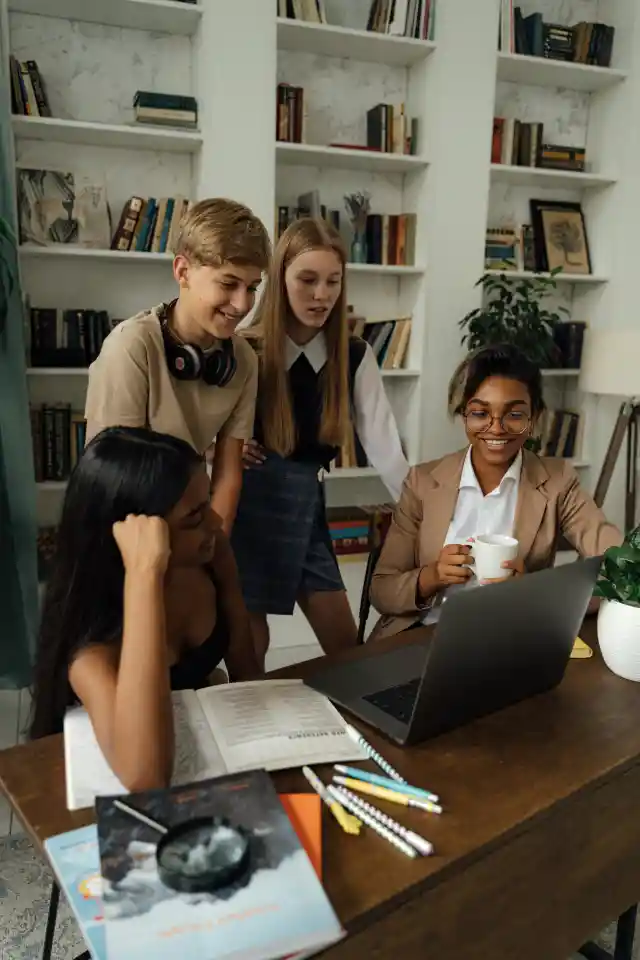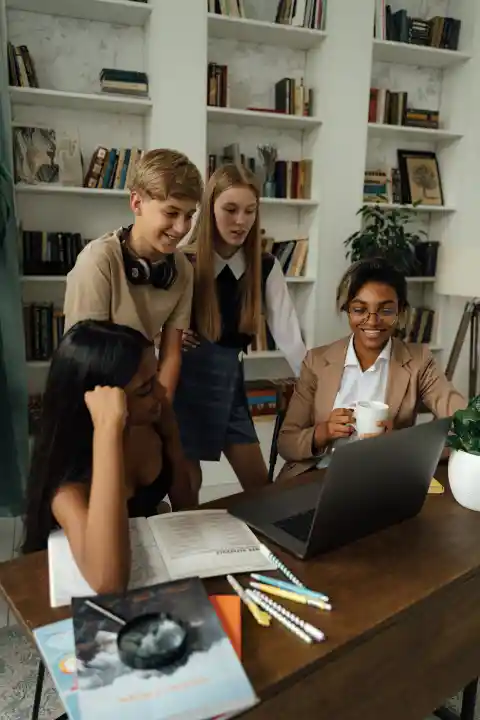If we all could learn the same way and understand things the same way, then maybe the whole world could be full of geniuses, and there would be nothing mesmerising about being super intelligent anymore. However, that's not the reality of things. Everyone learns things uniquely, and we all absorb knowledge differently based on our required learning styles. This means that what works for one person may not work for another. If you find it hard to grasp new concepts or retain information, don’t stress yourself. Here’s a list of learning styles you can explore to find the method that suits you best so let’s in and discover what might resonate with you.
Verbal Learning


This is the most commonly used method of teaching where students are taught through reading, writing essays, or engaging in discussions. This method works for students who enjoy reading and writing down notes as they study. If you remember information better when you write it down or have it explained by your teachers or lecturers then this might be the method that will help you grasp concepts better. However, if this method is a bit difficult for you and you find it tiring then don't worry, the next method might just be for you.
Musical Learning


What better way to learn more easily than through your love for music? If you often find yourself humming a tune while studying or using songs to memorise information, you might be a musical learner. What musical learning entails is using knowledge or lessons that need to be taught as lyrics to a catchy song so that you don't forget the information. It's just the same as your ‘A, B, Cs’ where you easily get to learn them due to the rhythmic song that is used to teach them. If you are, therefore, finding it hard to grasp important yet complex things, you may want to try this method of learning and see if it works for you.
Visual Learning


Some people, no matter how much you preach to them about something, will never understand it unless they have seen it. Once they see it, it is imprinted on their brains and they can never forget it. Therefore, diagrams, charts, images and videos are used to help clarify concepts for them. If you, therefore, think that it will be way easier for you to understand things after visualising them, then you may want to try this learning method.
Solitary Learning


If you are someone who dislikes the thought of having to study in a room full of other people then you might be into this method of learning. Maybe all you need to catch up on your learning without losing concentration is entire solitude where no one is there to distract you with their breathing, foot shifting or even their flapping of pages. This moment of solitude may help you reflect deeply on the material without the influence of others and help you study at your own pace without anyone rushing you or slowing you down. You shouldn't feel different for wanting different things when it comes to learning; if this is what works for you, then don't be shy; just change your learning style so that it can match your unique learning needs.
Group Learning


If you thrive in team settings and enjoy discussing ideas with others, this might be your preferred style. Working with peers can provide different perspectives, making it easier to grasp seemingly complex topics or subjects. Whether it's during class or in other divided group settings, this method will help you expand your social horizons and communicate better with others. Therefore, group learning won't only help you reach your goal when it comes to knowledge expansion, but it will encourage you to build healthy relationships with your peers. If you are, therefore, into this collaborative learning approach, group learning might just be your thing.
Experiential Learning


This method is ideal for people who need to experience things first, for them to understand them better. If you, therefore, love getting your hands dirty for you to pick a lesson or two, then experiential learning might just be what you need to broaden your knowledge. Through conducting lab experiments or through practical vocational experiences like woodwork and building, you will be able to apply the theoretical side of things you would have learnt into reality, making you learn things faster. You shouldn't force yourself into conventionally learning things if this is you; rather, you should embrace your being and embrace opportunities that allow you to engage directly in experimenting with what you would have learnt. Who knows, you might just make the next world discovery through your need for creativity.
Multi-Learning Model


If you have been going through all these methods of learning and thinking to yourself that you want each aspect of these learning methods incorporated into one, then this learning approach is exactly what you need. It makes use of the different elements in all types of learning and incorporates all of them so that you can have a holistic picture of all the things that you want to learn about. Due to its flexibility and versatile nature, learning will never feel monotonous for you. Instead, you can tailor each concept you need to learn to the method of learning you think will help you achieve this best, helping you yield very high results in your learning experience. Fun Right?